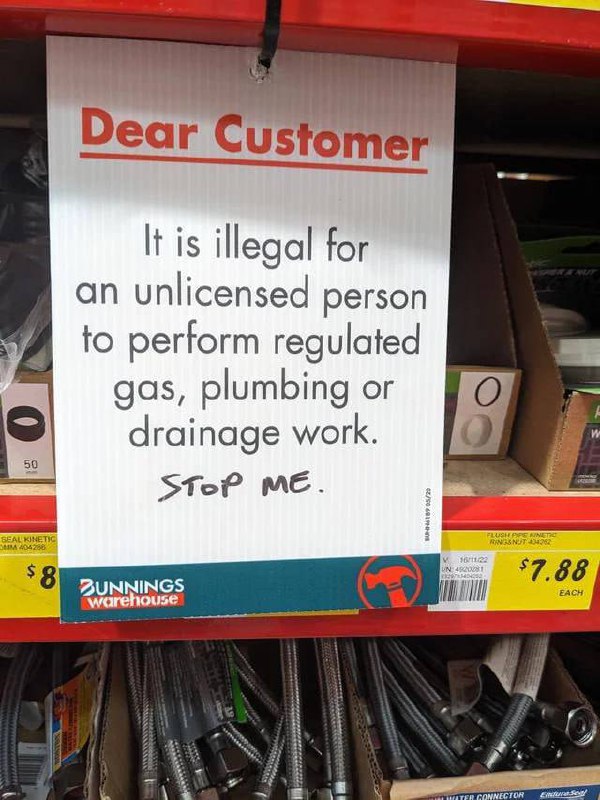Most Recent News


Popular News



Special interest groups, social rigidity, bureaucracy, and the collapse of states.

In the book The Rise and Decline of Nations by Mancur Olson, he postulates that certain economic factors such as social rigidity contribute to the inevitable collapse of states.
While I do not ascribe to his theory in full, there is much to learn about certain aspects of the decline within the book (he is an economist—The book is far too centrally focused on only the economy, as if it is some type of god-deity that leads everything else).
Particularly of importance is the concept of domineering interest groups.
Olson expanded on the idea that successful countries generally beat down special interest groups during the ascent and development phase (when the country is becoming successful). However, bureaucracy inevitably occurs once the country has been successful for a long enough timeframe. The people get lazy and stop protecting the foundational principles.
Once this happens, these interest groups outmaneuver the state and accumulate more influence. Eventually, they are more powerful than the state, as they use the state to their own ends.
This often comes—at first—through regulations and special laws. These “favors” allow the special interest groups to rest above everyone else. They are granted a special position. This allows them more power over the masses, and eventually, more power over the state itself.
Once people realize this is occurring, more and more people stop contributing politically to the state. They feel as though their contribution is insignificant. Thereby giving these special interest groups even more power. We see this happening now in the United States, as dissidents drop out.
The special interest groups “pull up the ladder” behind them, so no one else can reach their position. The managerial state compounds this effect.
These groups are what I would call the “isolated class” (To differentiate them from just the very wealthy).
Olson mostly focuses on their actions on the macro-economic factors such as trade pieces and geopolitics, but I find this more important on the micro-level. This is exactly what has happened in the United States to small businesses and individual people.
It comes in the form of bureaucracy. Bureaucracy:
Which is near exactly what Olson describes in the book, but on a micro-scale.
Here is a perfect, albeit sassy, example:

Regulations are crafted through the state discussing “standards” with big business. This is real rigidity, because it allows big business to prevent others from enjoying the same opportunities as they did while growing. They do this against small business and unbeholden entrepreneurs to gain an advantage.
Small business should have a seat at the discussion tables for these regulations, but they don’t, because they aren’t big enough to have that influence. So, they continually get curbstomped.
We don’t need all these regulations, but we have them.

Bureaucracy will ensure we cannot get rid of them—Because anyone in a position of influence that could remove them (big business or the state), would be strategically harmed in doing so.
This places them in a position that cannot be overcome traditionally within the system.
So, the situation continues to worsen and worsen until it is simply not stable at all anymore. Then, collapse.
This is why the libertarian approach of “just build your own” will never work. The isolated class will just make it impossible as we try to do so.
The same thing is happening with housing, where entrance costs are nothing like what they used to be. Another example can be found in the covid regulations, which quickly became a racket.
Older generations don’t always understand this, because they think it is still as it was when they were young. But many are finally coming around and seeing what is happening. They are realizing it isn’t like how it was when they were young, and even that wasn’t like how it was when their parents were young.
For a future state, we need to make sure that bureaucracy is controlled. It cannot be allowed to explode like it does under the rule-by-many. This may be one of the greatest weaknesses of the more decentralized systems such as the republic or democracy.
If we leave these conditions unhindered, the exact same will occur given enough time. Then it won’t matter what system elements we change because the system will still degrade once those special interest groups have greater power than all others.
Read Next: Mortgages: Kicking The Can Down The Road
If you enjoyed this article, bookmark the website and check back often for new content. New articles most weekdays.
You can also keep up with my writing by joining my monthly newsletter.
Help fight the censorship – Share this article!

(Learn More About The Dominion Newsletter Here)